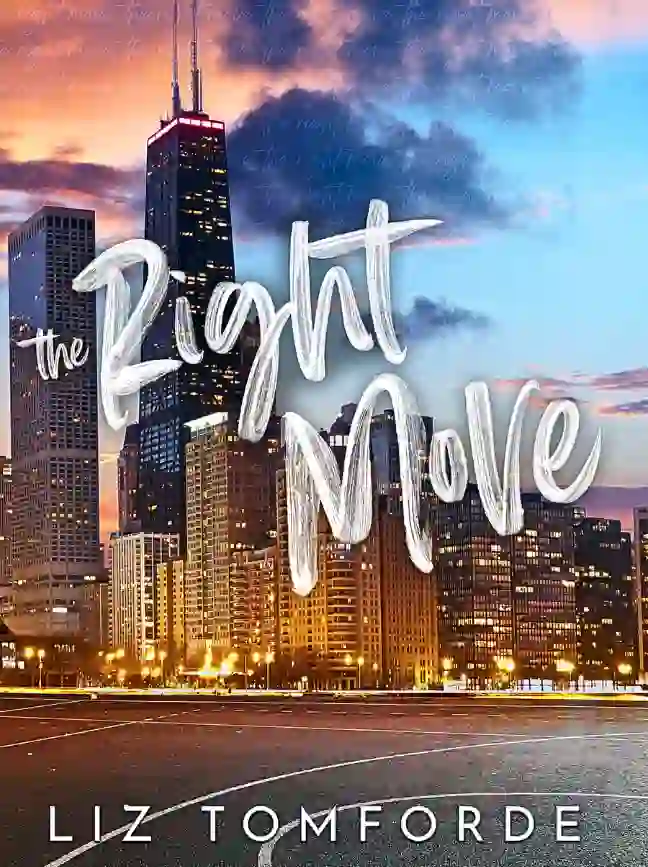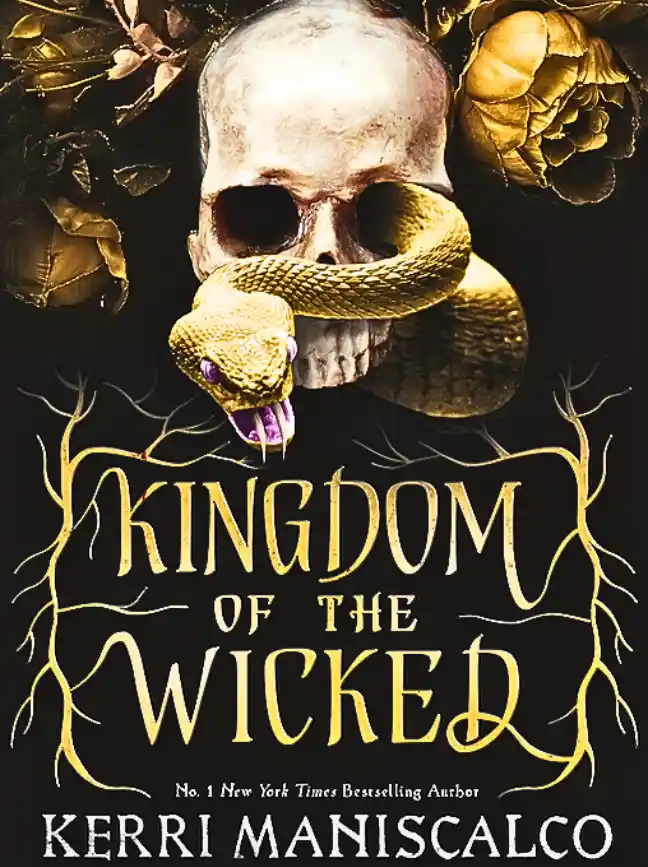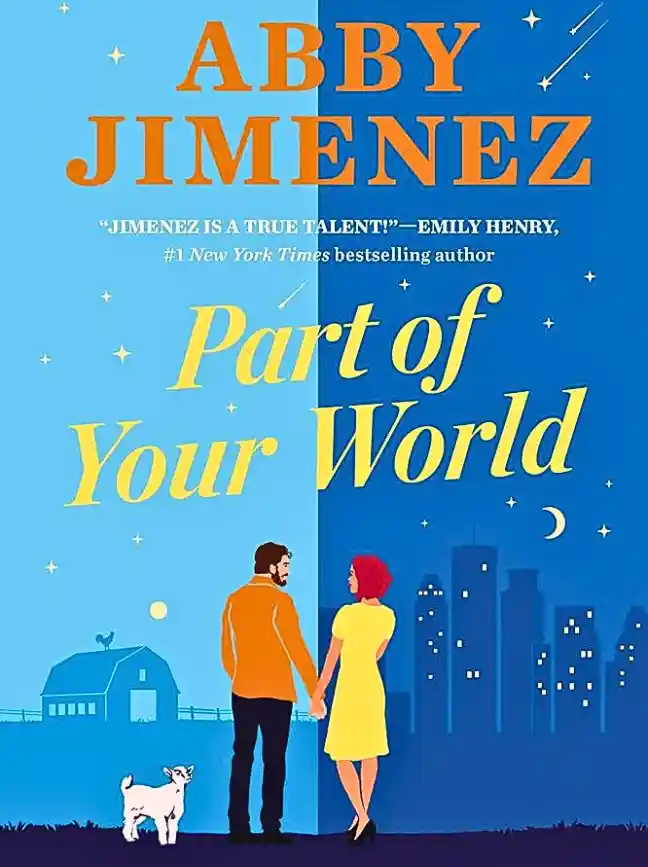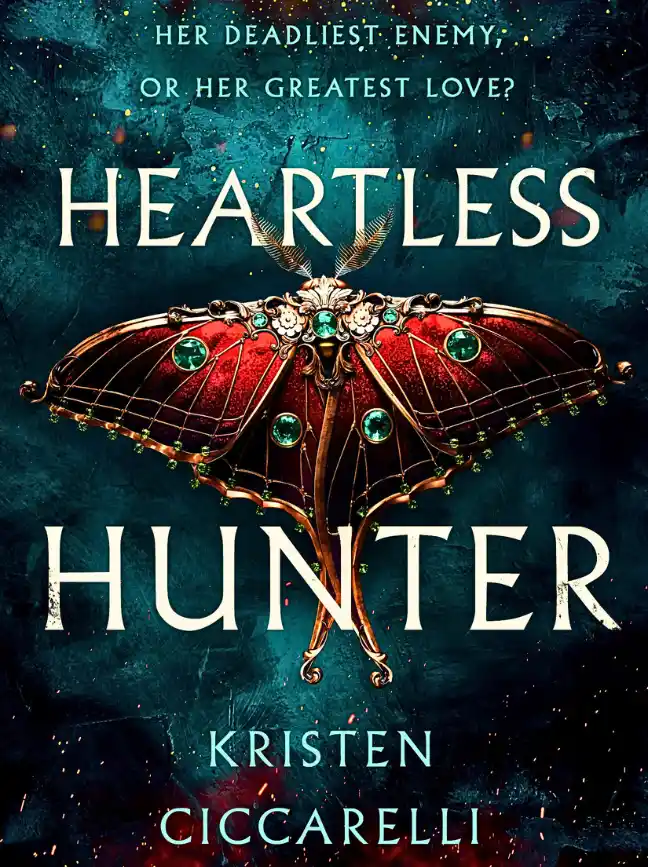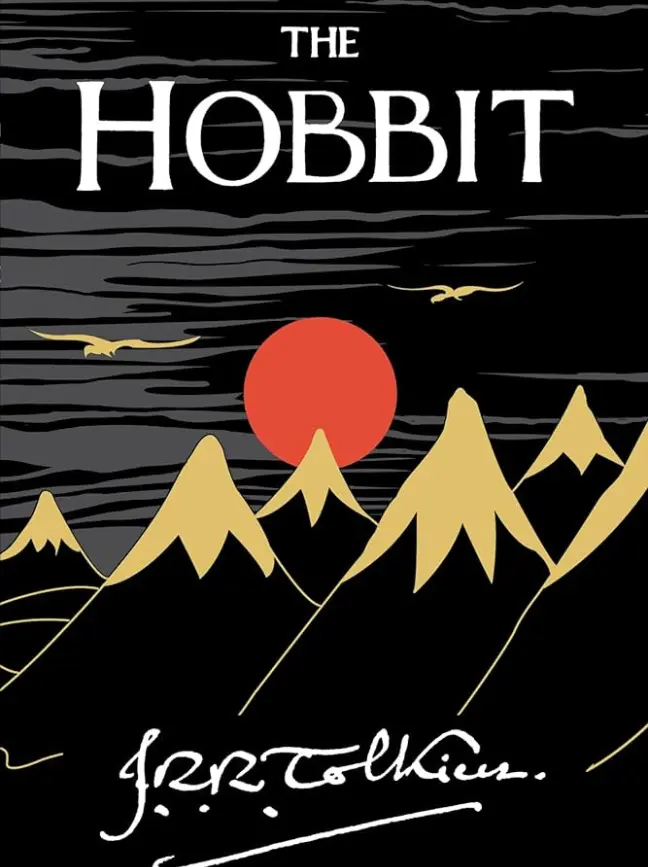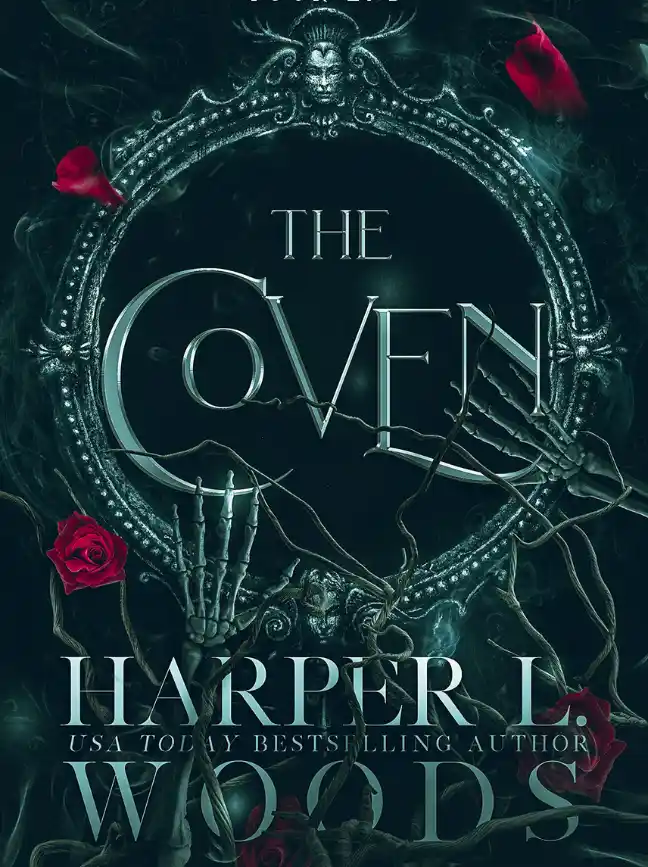I still get nightmares. In fact I get them so often I should be used to them by now. I’m not. No one ever really gets used to nightmares.
For a while there I tried every pill imaginable. Anything to curb the fear. Excedrin PMs, Melatonin, L-tryptophan, Valium, Vicodin, quite a few members of the barbital family. A pretty extensive list, frequently mixed, often matched, with shots of bourbon, a few lung rasping bong hits, sometimes even the vaporous confidence-trip of cocaine. None of it helped. I think it’s pretty safe to assume there’s no lab sophisticated enough yet to synthesize the kind of chemicals I need. A Nobel Prize to the one who invents that puppy.
I’m so tired. Sleep’s been stalking me for too long to remember.
Inevitable I suppose. Sadly though, I’m not looking forward to the prospect. I say “sadly” because there was a time when I actually enjoyed sleeping. In fact I slept all the time. That was before my friend Lude woke me up at three in the morning and asked me to come over to his place. Who knows, if I hadn’t heard the phone ring, would everything be different now? I think about that alot.
Actually, Lude had told me about the old man a month or so before that fateful evening. (Is that right? fate? It sure as hell wasn’t -ful. Or was it exactly that?) I’d been in the throes of looking for an apartment after a little difficulty with a landlord who woke up one morning convinced he was Charles de Gaulle. I was so stunned by this announcement that before I could think twice I’d already told him how in my humble estimation he did not at all resemble an airport though the thought of a 757 landing on him was not at all disagreeable. I was promptly evicted. I could have put up a fight but the place was a nuthouse anyway and I was glad to leave. As it turned out Chuckie de Gaulle burnt the place to the ground a week later.
Told the police a 757 had crashed into it.
During the following weeks, while I was couching it from Santa Monica to Silverlake looking for an apartment, Lude told me about this old guy who lived in his building. He had a first floor apartment peering out over a wide, overgrown courtyard. Supposedly, the old man had told Lude he would be dying soon. I didn’t think much of it, though it wasn’t exactly the kind of thing you forget either. At the time, I just figured Lude had been putting me on. He likes to exaggerate. I eventually found a studio in Hollywood and settled back into my mind numbing routine as an apprentice at a tattoo shop.
It was the end of ’96. Nights were cold. I was getting over this woman named Clara English who had told me she wanted to date someone at the top of the food chain. So I demonstrated my unflagging devotion to her memory by immediately developing a heavy crush on this stripper who had Thumper tattooed right beneath her G-string, barely an inch from her shaved pussy or as she liked to call it-“The Happiest Place On Earth.” Suffice it say, Lude & I spent the last hours of the year alone, scouting for new bars, new faces, driving recklessly through the canyons, doing our best to talk the high midnight heavens down with a whole lot of bullshit. We never did. Talk them down, I mean.
Then the old man died.
From what I can gather now, he was an American. Though as I would later find out, those who worked with him detected an accent even if they could never say for certain where it came from.
He called himself Zampanô. It was the name he put down on his apartment lease and on several other fragments I found. I never came across any sort of ID, whether a passport, license or other official document insinuating that yes, he indeed was An Actual-&-Accounted-For person.
Who knows where his name really came from. Maybe it’s authentic, maybe made up, maybe borrowed, a nom de plume or-my personal favorite-a nom de guerre.
As Lude told it, Zampanô had lived in the building for many years, and though he mostly kept to himself, he never failed to appear every morning and evening to walk around the courtyard, a wild place with knee high weeds and back then populated with over eighty stray cats. Apparently the cats liked the old man alot and though he offered no enticements, they would constantly rub up against his legs before darting back into the center of that dusty place.
Anyway, Lude had been out very late with some woman he’d met at his salon. It was just after seven when he finally stumbled back into the courtyard and despite a severe hangover immediately saw what was missing. Lude frequently came home early and always found the old guy working his way around the perimeter of all those weeds, occasionally resting on a sun beaten bench before taking another round. A single mother who got up every morning at six also noted Zampanô’s absence. She went off to work, Lude went off to bed, but when dusk came and their old neighbor had still not appeared, both Lude and the single mother went to alert Flaze, the resident building manager.
Flaze is part Hispanic, part Samoan. A bit of a giant, you might say. 6’4″, 245 lbs, virtually no body fat. Vandals, junkies, you name it, they get near the building and Flaze will lunge at them like a pitbull raised in a crackhouse. And don’t think he believes size & strength are invincible. If the interlopers are carrying, he’ll show them his own gun collection and he’ll draw on them too, faster than Billy The Kid. But as soon as Lude voiced his suspicions about the old man, pitbull & Billy The Kid went straight out the window. Flaze suddenly couldn’t find the keys. He started muttering about calling the owner of the building. After twenty minutes, Lude was so fed up with this hemming & hawing he offered to handle the whole thing himself. Flaze immediately found the keys and with a big grin plopped them into Lude’s outstretched hand.
Flaze told me later he’d never seen a dead body before and there was no question there would be a body and that just didn’t sit well with Flaze. “We knew what we’d find,” he said. “We knew that guy was dead.”
The police found Zampanô just like Lude found him, lying face down on the floor. The paramedics said there was nothing unusual, just the way it goes, eighty some years and the inevitable kerplunk, the system goes down, lights blink out and there you have it, another body on the floor surrounded by things that don’t mean much to anyone except to the one who can’t take any of them along. Still, this was better than the prostitute the paramedics had seen earlier that day. She had been torn to pieces in a hotel room, parts of her used to paint the walls and ceiling red. Compared to that, this almost seemed pleasant.
The whole process took awhile. Police coming and going, paramedics attending to the body, for one thing making sure the old man was really dead; neighbors and eventually even Flaze poking their heads in to gawk, wonder or just graze on a scene that might someday resemble their own end. When it was finally over, it was very late. Lude stood alone in the apartment, the corpse gone, officials gone, even Flaze, the neighbors and other assorted snoops-all gone.
Not a soul in sight.
“Eighty fucking years old, alone in that pisshole,” Lude had told me later. “I don’t want to end up like that. No wife, no kids, no nobody at all. Not even one fucking friend.” I must have laughed because Lude suddenly turned on me: “Hey Hoss, don’t think young and squirting lots of come guarantees you shit. Look at yourself, working at a tattoo shop, falling for some stripper named Thumper.” And he was sure right about one thing:
Zampanô had no family, no friends and hardly a penny to his name.
The next day the landlord posted a notice of abandonment and a week later, after declaring that the contents of the apartment were worth less than $300, he called some charity to haul the stuff away. That was the night Lude made his awful discovery, right before the boys from Goodwill or wherever they came from swept in with their gloves and handtrucks.
When the phone rang, I was fast asleep. Anybody else I would have hung up on, but Lude’s a good enough friend I actually dragged my ass out of bed at three in the morning and headed over to Franklin. He was waiting outside the gate with a wicked gleam in his eye.
I should have turned around right then. I should have known something was up, at the very least sensed the consequence lingering in the air, in the hour, in Lude’s stare, in all of it, and fuck, I must have been some kind of moron to have been so oblivious to all those signs. The way Lude’s keys rattled like bone-chimes as he opened the main gate; the hinges suddenly shrieking as if we weren’t entering a crowded building but some ancient moss-eaten crypt. Or the way we padded down the dank hallway, buried in shadows, lamps above hung with spangles of light that I swear now must have been the work of gray, primitive spiders. Or probably most important of all, the way Lude whispered when he told me things, things I couldn’t give a damn about back then but now, now, well my nights would be a great deal shorter if I didn’t have to remember them.
Ever see yourself doing something in the past and no matter how many times you remember it you still want to scream stop, somehow redirect the action, reorder the present? I feel that way now, watching myself tugged stupidly along by inertia, my own inquisitiveness or whatever else, and it must have been something else, though what exactly I have no clue, maybe nothing, maybe nothing’s all-a pretty meaningless combination of words, “nothing’s all”, but one I like just the same. It doesn’t matter anyway. Whatever orders the path of all my yesterdays was strong enough that night to draw me past all those sleepers kept safely at bay from the living, locked behind their sturdy doors, until I stood at the end of the hail facing the last door on the left, an unremarkable door too, but still a door to the dead.
Lude, of course, had been unaware of the unsettling characteristics of our little journey to the back of the building. He had been recounting to me, in many ways dwelling upon, what had happened following the old man’s death.
“Two things, Hoss,” Lude muttered as the gate glided open. “Not that they make much difference.” And as far as I can tell, he was right. They have very little to do with what follows. I include them only because they’re part of the history surrounding Zampanô’s death. Hopefully you’ll be able to make sense of what I can represent though still fail to understand.
“The first peculiar thing,” Lude told me, leading the way around a short flight of stairs. “Were the cats.” Apparently in the months preceding the old man’s death, the cats had begun to disappear. By the time he died they were all gone. “I saw one with its head ripped off and another with its guts strewn all over the sidewalk. Mostly though, they just vanished.”
“The second peculiar thing, you’ll see for yourself” Lude said, lowering his voice even more, as we slipped past the room of what looked suspiciously like a coven of musicians, all of them listening intently to headphones, passing around a spliff.
“Right next to the body,” Lude continued. “I found these gouges in the hardwood floor, a good six or seven inches long. Very weird. But since the old man showed no sign of physical trauma, the cops let it go.”
He stopped. We had reached the door. Now I shudder. Back then, I think I was elsewhere. More than likely daydreaming about Thumper. This will probably really wig you out, I don’t care, but one night I even rented Bambi and got a hard on. That’s how bad I had it for her. Thumper was something else and she sure beat the hell out of Clara English. Perhaps at that moment I was even thinking about what the two would look like in a cat fight. One thing’s for sure though, when I heard Lude turn the bolt and open Zampanô’s door, I lost sight of those dreams.
What hit me first was the smell. It wasn’t a bad smell just incredibly strong. And it wasn’t one thing either. It was extremely layered, a patina upon progressive patina of odor, the actual source of which had long since evaporated. Back then it had overwhelmed me, so much of it, cloying, bitter, rotten, even mean. These days I can no longer remember the smell only my reaction to it. Still if I had to give it a name, I think I would call it the scent of human history-a composite of sweat, urine, shit, blood, flesh and semen, as well as joy, sorrow, jealousy, rage, vengeance, fear, love, hope and a whole lot more. All of which probably sounds pretty ridiculous, especially since the abilities of my nose are not really relevant here. What’s important though is that this smell was complex for a reason.
All the windows were nailed shut and sealed with caulking. The front entrance and courtyard doors all storm proofed. Even the vents were covered with duct tape. That said, this peculiar effort to eliminate any ventilation in the tiny apartment did not culminate with bars on the windows or multiple locks on the doors. Zampanô was not afraid of the outside world. As I’ve already pointed out, he walked around his courtyard and supposedly was even fearless enough to brave the LA public transportation system for an occasional trip to the beach (an adventure even I’m afraid to make). My best guess now is that he sealed his apartment in an effort to retain the various emanations of his things and himself.
Where his things were concerned, they ran the spectrum: tattered furniture, unused candles, ancient shoes (these in particular looking sad & wounded), ceramic bowls as well as glass jars and small wood boxes full of rivets, rubber bands, sea shells, matches, peanut shells, a thousand different kinds of elaborately shaped and colored buttons. One ancient beer stein held nothing more than discarded perfume bottles. As I discovered, the refrigerator wasn’t empty but there wasn’t any food in it either. Zalnpanà had crammed it full of strange, pale books.
Of course all of that’s gone now. Long gone. The smell too. I’m left with only a few scattered mental snapshots: a battered Zippo lighter with Patent Pending printed on the bottom; the twining metal ridge, looking a little like some tiny spiral staircase, winding down into the bulbiess interior of a light socket; and for some odd reason-what I remember most of all- a very old tube of chapstick with an amber like resin, hard & cracked. Which still isn’t entirely accurate; though don’t be misled into thinking I’m not trying to be accurate. There were, I admit, other things I recall about his place, they just don’t seem relevant now. To my eye, it was all just junk, time having performed no economic alchemy there, which hardly mattered, as Lude hadn’t called me over to root around in these particular and-to use one of those big words I would eventually learn in the ensuing months- deracinated details of Zampanô’s life.
Sure enough, just as my friend had described, on the floor, in fact practically dead center, were the four marks, all of them longer than a hand, jagged bits of wood clawed up by something neither one of us cared to imagine. But that’s not what Lude wanted me to see either. He was pointing at something else which hardly impressed me when I first glanced at its implacable shape.
Truth be told, I was still having a hard time taking my eyes off the scarred floor. I even reached out to touch the protruding splinters.
What did I know then? What do I know now? At least some of the horror I took away at four in the morning you now have before you, waiting for you a little like it waited for me that night, only without these few covering pages.
As I discovered, there were reams and reams of it. Endless snarls of words, sometimes twisting into meaning, sometimes into nothing at all, frequently breaking apart, always branching off into other pieces I’d come across later-on old napkins, the tattered edges of an envelope, once even on the back of a postage stamp; everything and anything but empty; each fragment completely covered with the creep of years and years of ink pronouncements; layered, crossed out, amended; handwritten, typed; legible, illegible; impenetrable, lucid; torn, stained, scotch taped; some bits crisp and clean, others faded, burnt or folded and refolded so many times the creases have obliterated whole passages of god knows what-sense? truth? deceit? a legacy of prophecy or lunacy or nothing of the kind?, and in the end achieving, designating, describing, recreating-find your own words; I have no more; or plenty more but why? and all to tell-what?
Lude didn’t need to have the answer, but somehow he knew I would. Maybe that’s why we were friends. Or maybe I’m wrong. Maybe he did need the answer, he just knew he wasn’t the one who could find it. Maybe that’s the real reason we were friends. But that’s probably wrong too.
One thing’s for sure, even without touching it, both of us slowly began to feel its heaviness, sensed something horrifying in its proportions, its silence, its stillness, even if it did seem to have been shoved almost carelessly to the side of the room. I think now if someone had said be careful, we would have. I know a moment came when I felt certain its resolute blackness was capable of anything, maybe even of slashing out, tearing up the floor, murdering Zampanô, murdering us, maybe even murdering you. And then the moment passed. Wonder and the way the unimaginable is sometimes suggested by the inanimate suddenly faded. The thing became only a thing.
So I took it home.
Back then-well it’s way back then by now-you could have found me downing shots of whiskey at La Poubelle, annihilating my inner ear at Bar Deluxe or dining at Jones with some busty redhead I’d met at House of Blues, our conversation traversing wildly from clubs we knew well to clubs we’d like to know better. I sure as fuck wasn’t bothered by old man Z’s words. All those signs I just now finished telling you about quickly vanished in the light of subsequent days or had never been there to begin with, existing only in retrospect.
At first only curiosity drove me from one phrase to the next. Often a few days would pass before I’d pick up another mauled scrap, maybe even a week, but still I returned, for ten minutes, maybe twenty minutes, grazing over the scenes, the names, small connections starting to form, minor patterns evolving in those spare slivers of time.
I never read for more than an hour.
Of course curiosity killed the cat, and even if satisfaction supposedly brought it back, there’s still that little problem with the man on the radio telling me more and more about some useless information. But I didn’t care.
I just turned the radio off.
And then one evening I looked over at my clock and discovered seven hours had passed. Lude had called but I hadn’t noticed the phone ring. I was more than a little surprised when I found his message on my answering machine. That wasn’t the last time I lost sense of time either. In fact it began to happen more often, dozens of hours just blinking by, lost in the twist of so many dangerous sentences.
Slowly but surely, I grew more and more disoriented, increasingly more detached from the world, something sad and awful straining around the edges of my mouth, surfacing in my eyes. I stopped going out at night. I stopped going out. Nothing could distract me. I felt like I was losing control. Something terrible was going to happen. Eventually something terrible did happen.
No one could reach me. Not Thumper, not even Lude. I nailed my windows shut, threw out the closet and bathroom doors, storm proofed everything, and locks, oh yes, I bought plenty of locks, chains too and a dozen measuring tapes, nailing all those straight to the floor and the walls. They looked suspiciously like lost metal roods or, from a different angle, the fragile ribs of some alien ship. However, unlike Zampanô, this wasn’t about smell, this was about space. I wanted a closed, inviolate and most of all immutable space.
At least the measuring tapes should have helped.
They didn’t.
Nothing did.
I just fixed myself some tea on the hot plate here. My stomach’s gone. I can barely keep even this honey milked-up stuff down but I need the warmth. I’m in a hotel now. My studio’s history. Alot these days is history.
I haven’t even washed the blood off yet. Not all of it’s mine either. Still caked around my fingers. Signs of it on my shirt. “What’s happened here?” I keep asking myself. “What have I done?” What would you have done? I went straight for the guns and I loaded them and then I tried to decide what to do with them. The obvious thing was shoot something. After all, that’s what guns are designed to do-shoot something. But who? Or what? I didn’t have a clue. There were people and cars outside my hotel window. Midnight people I didn’t know. Midnight cars I’ve never seen before. I could have shot them. I could have shot them all.
I threw up in my closet instead.
Of course, I have only my own immeasurable stupidity to blame for winding up here. The old man left plenty of clues and warnings. I was the fool to disregard them. Or was it the reverse: did I secretly enjoy them? At least I should have had some fucking inkling what I was getting into when I read this note, written just one day before he died:
January 5, 1997 Whoever finds and publishes this work shall be entitled to all proceeds. I ask only that my name take its rightful place. Perhaps you will even prosper. If, however, you discover that readers are less than sympathetic and choose to dismiss this enterprise out of hand, then may I suggest you drink plenty of wine and dance in the sheets of your wedding night, for whether you know it or not, now you truly are prosperous. They say truth stands the test of time. I can think of no greater comfort than knowing this document failed such a test.
Which back then meant absolutely nothing to me. I sure as hell didn’t pause to think that some lousy words were going to land me in a shitty hotel room saturated with the stink of my own vomit.
After all, as I fast discovered, Zampanô’s entire project is about a film which doesn’t even exist. You can look, I have, but no matter how long you search you will never find The Navidson Record in theaters or video stores. Furthermore, most of what’s said by famous people has been made up. I tried contacting all of them. Those that took the time to respond told me they had never heard of Will Navidson let alone Zampanô.
As for the books cited in the footnotes, a good portion of them are fictitious. For instance, Gavin Young’s Shots In The Dark doesn’t exist nor does The. Works of Hubert Howe Bancroft, Volume XXVIII. On the other hand virtually any dimwit can go to a library and find W. M. Lindsay and H. J. Thomson’s Ancient Lore in Medieval Latin Glossaries. There really was a “rebellion” on the 1973 Skylab mission but La Belle Nicoise et Le Beau Chien is made up as is, I assume, the bloody story of Quesada and Molino.
Add to this my own mistakes (and there’s no doubt I’m responsible for plenty) as well as those errors Zampanô made which I failed to notice or correct, and you’ll see why there’s suddenly a whole lot here not to take too seriously.
In retrospect, I also realize there are probably numerous people who would have been better qualified to handle this work, scholars with PhDs from Ivy League schools and minds greater than any Alexandrian Library or World Net. Problem is those people were still in their universities, still on their net and nowhere near Whitley when an old man without friends or family finally died.
Zampanô, I’ve come to recognize now, was a very funny man. But his humor was that wry, desiccated kind soldiers whisper, all their jokes subsurface, their laughter amounting to little more than a tic in the corner of the mouth, told as they wait together in their outpost, slowly realizing that help’s not going to reach them in time and come nightfall, no matter what they’ve done or what they try to say, slaughter will overrun them all.
Carrion dawn for vultures.
See, the irony is it makes no difference that the documentary at the heart of this book is fiction. Zampanô knew from the get go that what’s real or isn’t real doesn’t matter here. The consequences are the same.
I can suddenly imagine the cracked voice I never heard. Lips barely creasing into a smile. Eyes pinned on darkness:
“Irony? Irony can never be more than our own personal Maginot Line; the drawing of it, for the most part, purely arbitrary.”
It’s not surprising then that when it came to undermining his own work, the old man was superbly capable. False quotes or invented sources, however, all pale in comparison to his biggest joke.
Zampanô writes constantly about seeing. What we see, how we see and what in turn we can’t see. Over and over again, in one form or another, he returns to the subject of light, space, shape, line, color, focus, tone, contrast, movement, rhythm, perspective and composition. None of which is surprising considering Zampanô’s piece centers on a documentary film called The Navidson Record made by a Pulitzer Prize-winning photojournalist who must somehow capture the most difficult subject of all:
the sight of darkness itself.
Odd, to say the least.
At first I figured Zampanô was just a bleak old dude, the kind who makes Itchy and Scratchy look like Calvin and Hobbes. His apartment, however, didn’t come close to anything envisioned by Joel-Peter Witkin or what’s routinely revealed on the news. Sure his place was eclectic but hardly grotesque or even that far out of the ordinary, until of course you took a more careful look and realized-hey why are all these candles unused? Why no clocks, none on the walls, not even on the corner of a dresser? And what’s with these strange, pale books or the fact that there’s hardly a goddamn bulb in the whole apartment, not even one in the refrigerator? Well that, of course, was Zampanô’s greatest ironic gesture; love of love written by the broken hearted; love of life written by the dead: all this language of light, film and photography, and he hadn’t seen a thing since the mid- fifties.
He was blind as a bat.
Almost half the books he owned were in Braille. Lude and Flaze both confirmed that over the years the old guy had had numerous readers visiting him during the day. Some of these came from community centers, the Braille Institute, or were just volunteers from USC, UCLA or Santa Monica College. No one I ever spoke with, however, claimed to know him well, though more than a few were willing to offer me their opinions.
One student believed he was certifiably mad. Another actress, who had spent a summer reading to him, thought Zampanô was a romantic. She had come over one morning and found him in “a terrible way.”
“At first I assumed he was drunk, but the old guy never drank, not even a sip of wine. Didn’t smoke either. He really lived a very austere life. Anyway he wasn’t drunk, just really depressed. He started crying and asked me to leave. I fixed him some tea. Tears don’t frighten me. Later he told me it was heart trouble. ‘Just old heart-ache matters,’ he said. Whoever she was, she must have been really special. He never told me her name.”
As I eventually found out, Zampanô had seven names he would occasionally mention: Beatrice, Gabrielle, Anne-Marie, Dominique, Eliane, Isabelle and Claudine. He apparently only brought them up when he was disconsolate and for whatever reason dragged back into some dark tangled time. At least there’s something more realistic about seven lovers than one mythological Helen. Even in his eighties, Zampanô sought out the company of the opposite sex.
Coincidence had had no hand in arranging for all his readers to be female. As he openly admitted: “there is no greater comfort in my life than
those soothing tones cradled in a woman’s words.” Except maybe his own words.
Zampanô was in essence-to use another big word-a graphomaniac. He scribbled until he died and while he came close a few times, he never finished anything, especially the work he would unabashedly describe as either his masterpiece or his precious darling. Even the day before he failed to appear in that dusty courtyard, he was dictating long discursive passages, amending previously written pages and restructuring an entire chapter. His mind never ceased branching out into new territories. The woman who saw him for the last time, remarked that “whatever it was he could never quite address in himself prevented him from ever settling. Death finally saw to that.”
With a little luck, you’ll dismiss this labor, react as Zampanô had hoped, call it needlessly complicated, pointlessly obtuse, prolix-your word-, ridiculously conceived, and you’ll believe all you’ve said, and then you’ll put it aside-though even here, just that one word, “aside”, makes me shudder, for what is ever really just put aside?-and you’ll carry on, eat, drink, be merry and most of all you’ll sleep well.
Then again there’s a good chance you won’t.
This much I’m certain of: it doesn’t happen immediately. You’ll finish and that will be that, until a moment will come, maybe in a month, maybe a year, maybe even several years. You’ll be sick or feeling troubled or deeply in love or quietly uncertain or even content for the first time in your life. It won’t matter. Out of the blue, beyond any cause you can trace, you’ll suddenly realize things are not how you perceived them to be at all. For some reason, you will no longer be the person you believed you once were. You’ll detect slow and subtle shifts going on all around you, more importantly shifts in you. Worse, you’ll realize it’s always been shifting, like a shimmer of sorts, a vast shimmer, only dark like a room. But you won’t understand why or how. You’ll have forgotten what granted you this awareness in the first place.
Old shelters-television, magazines, movies-won’t protect you anymore. You might try scribbling in a journal, on a napkin, maybe even in the margins of this book. That’s when you’ll discover you no longer trust the very walls you always took for granted. Even the hallways you’ve walked a hundred times will feel longer, much longer, and the shadows, any shadow at all, will suddenly seem deeper, much, much, deeper.
You might try then, as I did, to find a sky so full of stars it will blind you again. Only no sky can blind you now. Even with all that iridescent magic up there, your eye will no longer linger on the light, it will no longer trace constellations. You’ll care only about the darkness and you’ll watch it for hours, for days, maybe even for years, trying in vain to believe you’re some kind of indispensable, universe-appointed sentinel, as if just by looking you could actually keep it all at bay. It will get so bad you’ll be afraid to look away, you’ll be afraid to sleep.
Then no matter where you are, in a crowded restaurant or on some desolate street or even in the comforts of your own home, you’ll watch yourself dismantle every assurance you ever lived by. You’ll stand aside as a great complexity intrudes, tearing apart, piece by piece, all of your carefully conceived denials, whether deliberate or unconscious. And then for better or worse you’ll turn, unable to resist, though try to resist you still will, fighting with everything you’ve got not to face the thing you most dread, what is now, what will be, what has always come before, the creature you truly are, the creature we all are, buried in the nameless black of a name.
And then the nightmares will begin.


